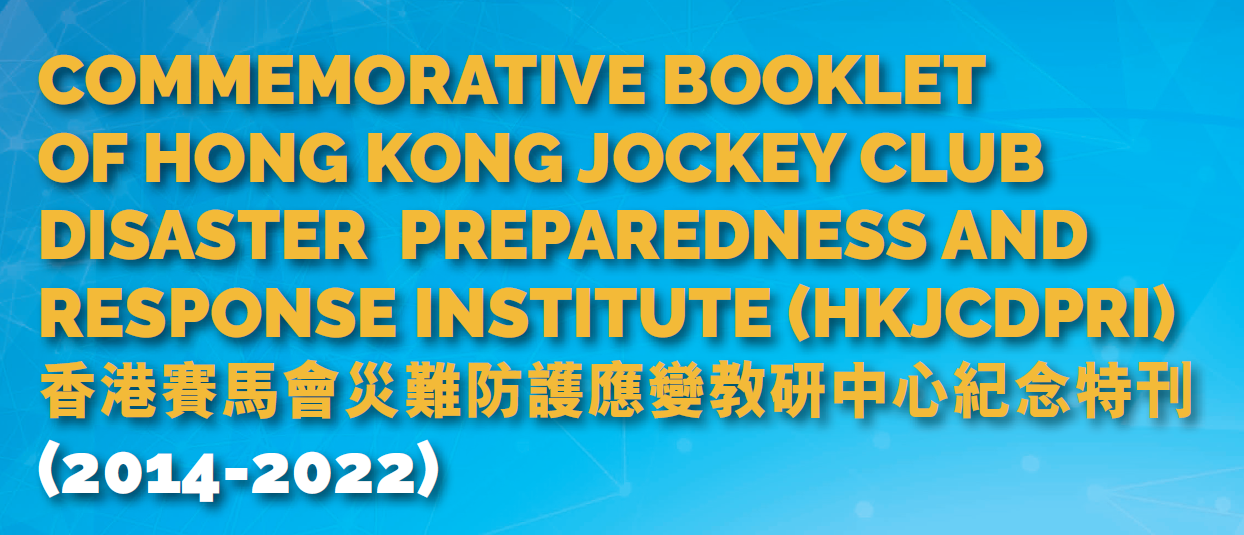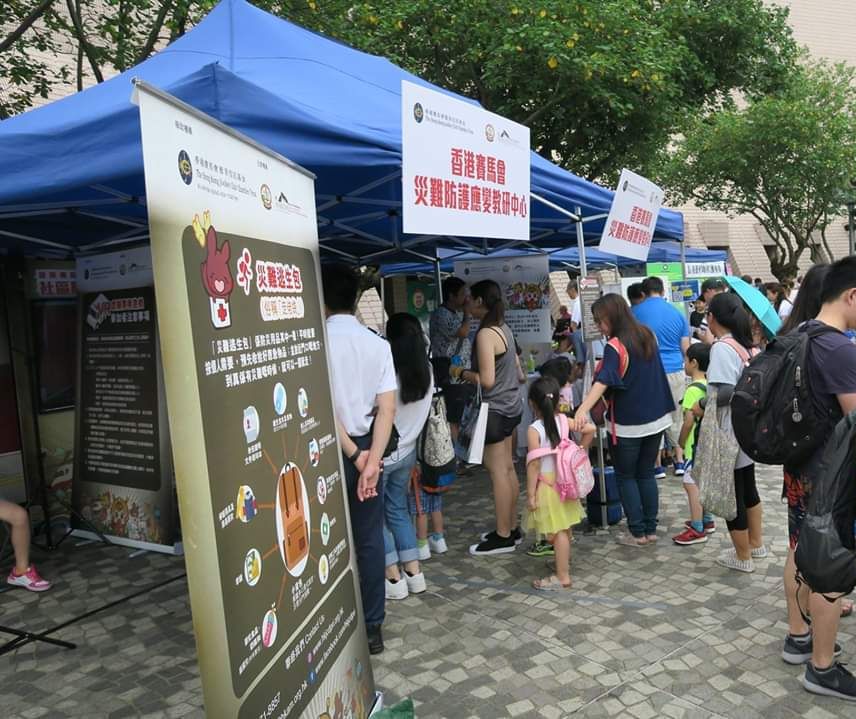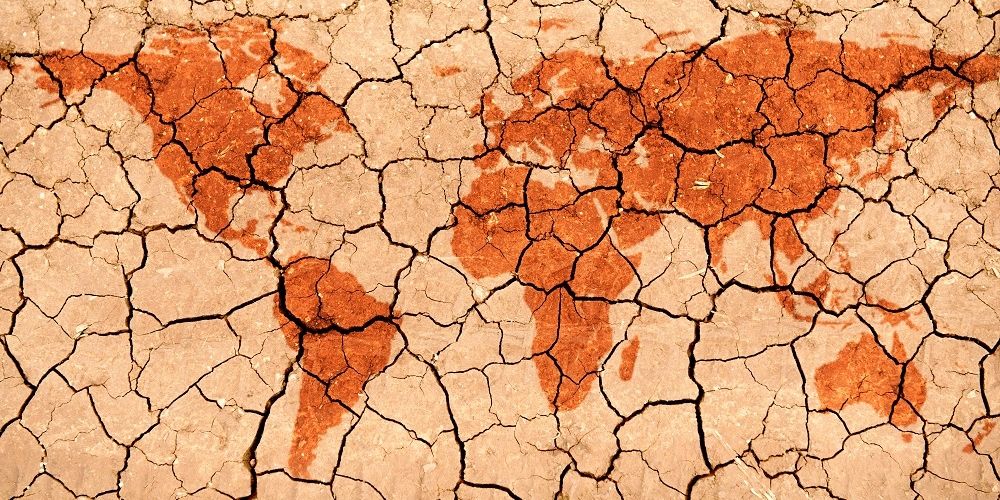You are here
E-learning Platform
E-learning Platform

E-learning Platform
2016

The first Overseas Training Fellow for Healthcare Professionals, Ms Tiffany Yeung, completed her fellowship at Public Health England (PHE) on 30 June 2016. She spent six months working with Professor Virginia Murray, the team lead of the Global Disaster Risk Reduction Team under the Global Health Team of PHE, and participated in the promotion of disaster preparedness at a global scale.
Tiffany was involved in preparing for the United Nations Office for Disaster Risk Reduction (UNISDR) Science and Technology Conference on the Implementation of the Sendai Framework for Disaster Risk Reduction 2015-2030, and helped publish the post-conference proceedings that summarised the steps forward for the science community in disaster risk reduction: Reflections on a Science and Technology Agenda for 21st Century Disaster Risk Reduction. Besides, she also participated in meetings and discussions with academic institutions at national and global level. Tiffany also joined the Young Scientists' Platform for Disaster Risk Reduction during her fellowship in Public Health England.
With regards to research, she contributed to academic pieces on the implementation of disaster risk reduction at community level, including a paper identifying the importance of accrediting disaster risk reduction and climate change adaptation trainings, a paper recording the use of grab bags during disasters in various countries, and another paper highlighting the importance of educating disaster preparedness knowledge from a young age.
Tiffany felt that one of her biggest learning from the fellowship programme was the importance of making science useful, usable and used in the context of policy-making and frontline disaster preparedness.
She presented her fellowship experience and lesson learnt at the Annual Conference on Disaster Preparedness and Response 2016. Her presentation can be found here.
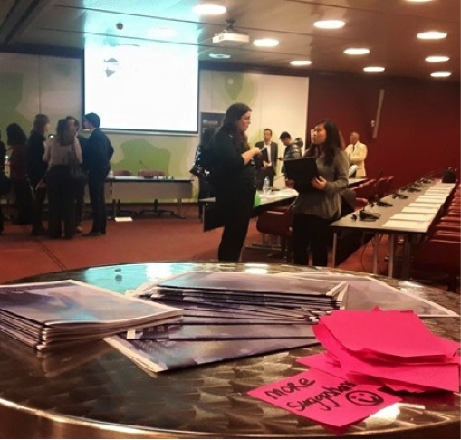
A list of Tiffany Yeung’s involved publications:
- Contributing to and joint authorship of Public Health England’s poster presentation in the UNISDR S&T Roadmap Conference. (published on 27-29 January 2016)
- News article on the UNISDR S&T road map conference in the International Journal of Disaster Risk Science (published on 24 March 2016) http://www.evidenceaid.org/wp-content/uploads/2013/02/Dickinson_et-al.-UNISDR-ST-Conference-progress-report_IJDRS_March-2016.pdf
- Participated as a member of the core authorship group in the conference proceedings “Reflections on a science and technology agenda for 21st century disaster risk reduction. Based on the scientific content of the 2016 UNISDR Science and Technology Conference on the Implementation of the Sendai Framework for Disaster Risk Reduction 2015–2030” published in the International Journal of Disaster Risk Science – the contributing authorship group includes over 100 joint authors. (published on 24 March 2016). http://link.springer.com/article/10.1007/s13753-016-0081-x
- Supporting the finalization of the Palgrave Communications chapter for the scientific advice to government’s thematic collection: “Ensuring science is useful, usable & used in global disaster risk reduction and sustainable development: a view through the Sendai Framework lens”. (published on 10 May 2016) http://www.palgrave-journals.com/articles/palcomms201616
- Participating in “How the Sendai Framework 2015-2030 changes and challenges the use of science and technology to address urban disaster risk” in the International Journal of Disaster Resilience in the Built Environment. (to be published)
- Supporting the finalization of the book chapter on “Global disaster risk reduction and public health” in Health Protection: Principles and Practice. (published in August 2016). https://global.oup.com/academic/product/health-protection-9780198745471?cc=hk&lang=en&
- Participating in “Concept Paper: Accredited Qualifications for Capacity Development in Disaster Risk Reduction and Climate Change Adaptation” in Australasian Journal of Disaster and Trauma Studies. (published in September 2016) http://www.massey.ac.nz/~trauma/issues/2016-1/AJDTS_20_1_Hemstock.pdf
- Participating in “Understanding Risks Forum 2016” conference proceedings. (published in October 2016) https://understandrisk.org/wp-content/uploads/UR-venice-proceedings.pdf
- Participating as one of the lead authors in an abstract, poster and concept note “Do we educate on disasters?” comparing across Hong Kong, Ottawa, Japan, UK and Scotland. (to be published in 2017)
- Participating as one of the lead authors in an abstract, poster and concept note “Improving community resilience: ‘Go-bags’ as an example” comparing across Hong Kong, Ottawa, Japan, UK and Scotland. (to be published in 2017)
- Participating as a contributing author in European Commission Joint Research Centre Disaster Risk Management Knowledge Centre “Science for Disaster Risk Management Report 2017”. (to be published in March 2017)
Hong Kong Jockey Club Disaster Preparedness and Response Institute (HKJCDPRI) Overseas Training Fellowship Programmes
The Overseas Training Fellowship Programmes aims at bringing into Hong Kong and the Asia region comprehensive and updated knowledge by supporting local healthcare professionals to study or work at renowned overseas disaster simulation training institutes or disaster-accredited healthcare providers or training agencies. The course tuition fee and/or other eligible expenses on travel, accommodation, meal, insurance etc. are reimbursed under agreed regulations. Period for the course(s) and/or placement can be up to a maximum of one year. The fellowships will be granted each year for five consecutive years from 2015 to 2019. Application opens all year round.
For more information about HKJCDPRI’s Fellowship Programmes, please go to http://www.hkjcdpri.org.hk/overseas-clinical-emergency-medicine-training-fellowship-healthcare-professionals, or contact us at [email protected] or at (852)2871 8507.
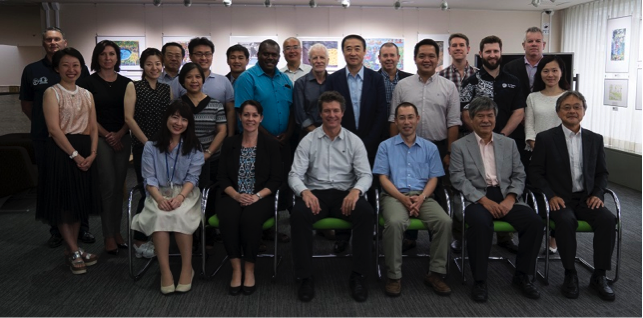
On 3-4 June 2016, Ms Eva Lam, Director of Hong Kong Jockey Club Disaster Preparedness and Response Institute (HKJCDPRI), also a member of the HKJCDPRI Working Group on World Health Organization (WHO) Global Emergency Medical Team (EMT) Initiative attended the 2-day WHO Global EMT Mentorship Meeting held in Tokyo, Japan.
The meeting brought together existing EMT Lead Mentors and potential mentors to discuss developments within the programme, including updates on the WHO Global EMT classification criteria. Future development on the WHO EMT classification process and resources planning were also deliberated.
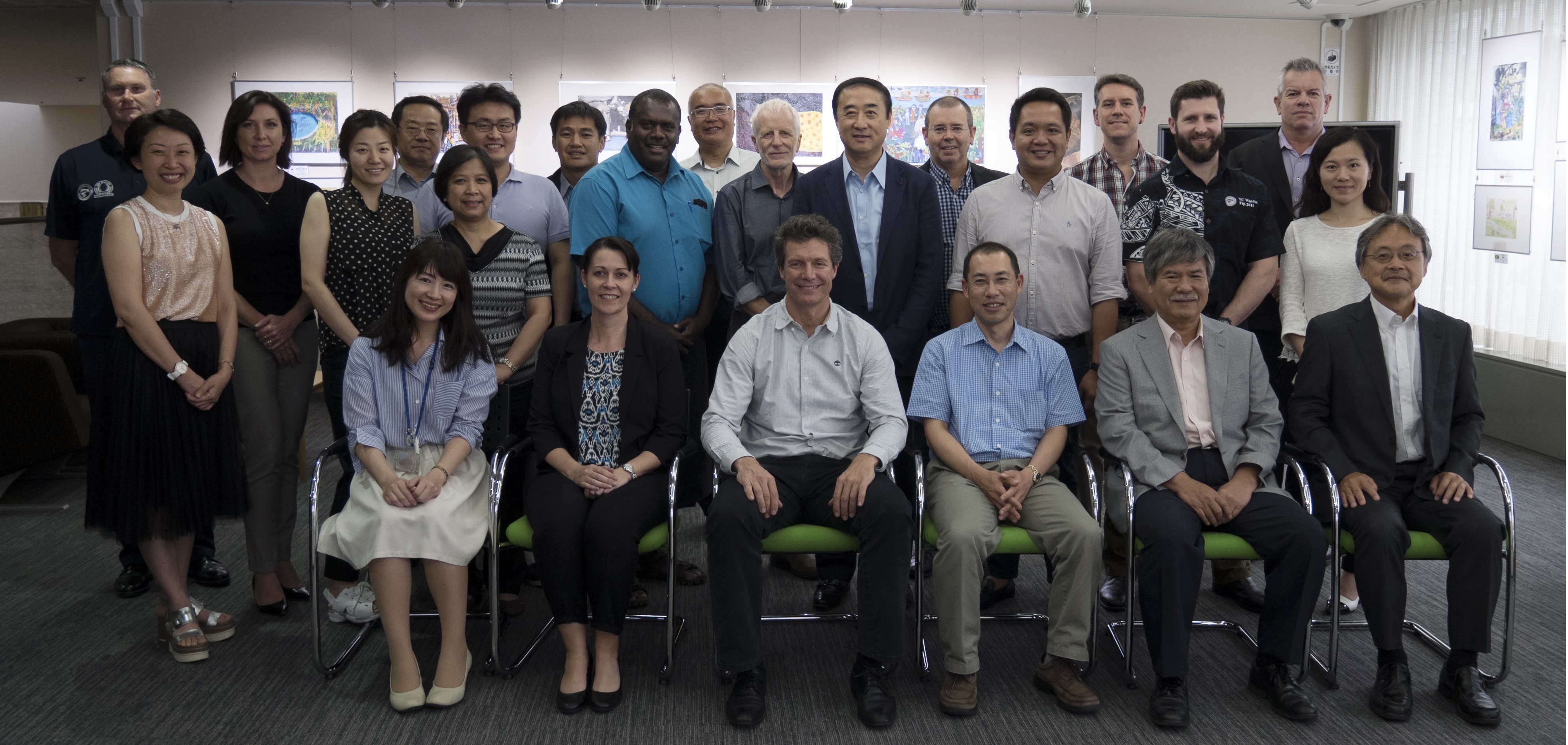
Participants of the WHO Global EMT Mentorship Meeting.
The HKJCDPRI has been supporting the work of the WHO Global EMT Initiative by developing training and capacity building programmes to professionalise EMTs, including trainings in accordance with the WHO guidelines and standards for the classification of EMTs. Since August 2015, the HKJCDPRI has contributed expertise to various WHO Global EMT meetings, development of training curriculum and classification of teams, with a focus on China, including Hong Kong.
For more information about WHO Global EMT Initiative, please contact us at [email protected] or at (852)2871-8507, or visit:
https://extranet.who.int/emt/page/home.
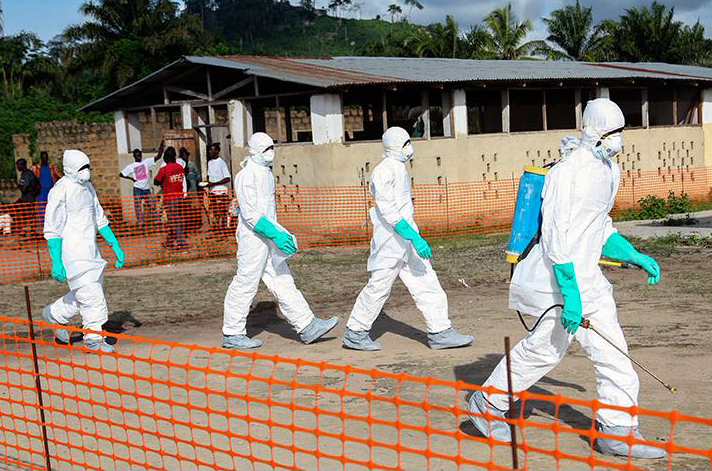
Novel emerging infectious diseases (EID) continue to emerge and threaten public health. Most of these arise from animals and are caused by RNA viruses which are highly mutable and able to cross-species barriers more efficiently. In addition to microbial adaptation and change, the speed and scale of international travel and trade, ecological and environmental factors, human demographics
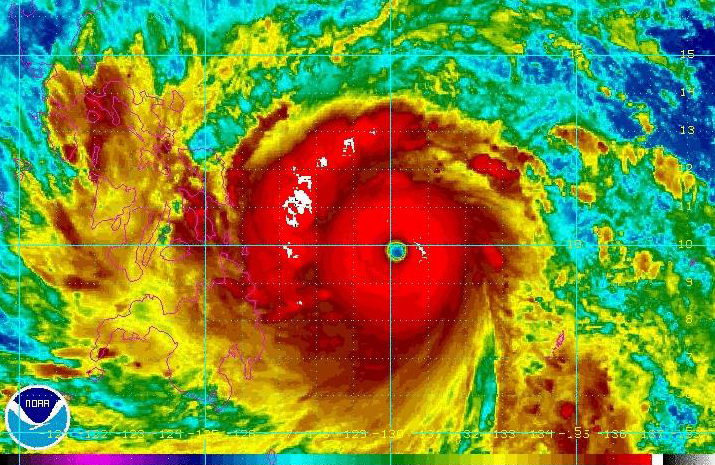
A brief review is offered o the scientific background for human-induced climate change. Drawing mostly from the findings of the latest Assessment Report of the United Nations Intergovernmental Panel on Climate Change (IPCC), a survey is made of the observed evolution of climate signals in the past decades, and the projected development of these signals towards the end of the 21st century.




